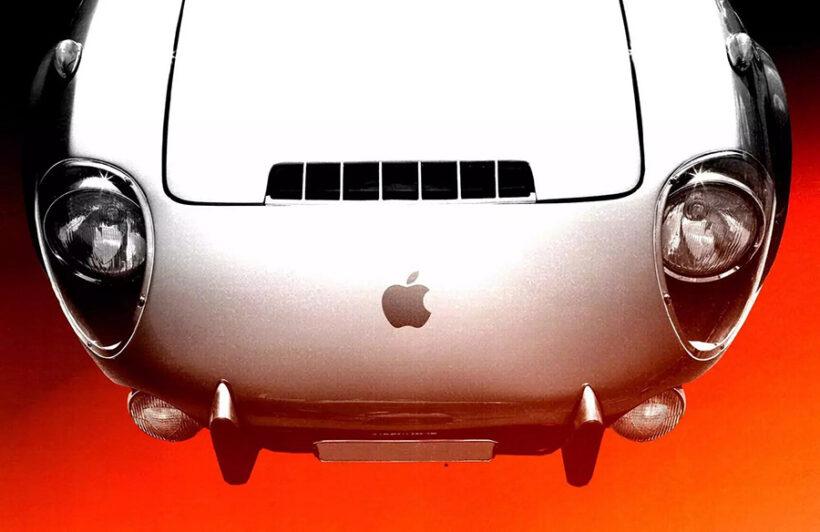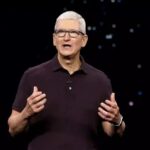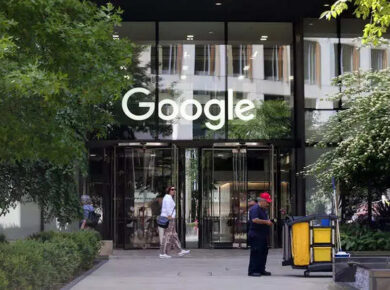Apple’s decision to abandon its electric vehicle (EV) project after a decade of development underscores the challenges of the once-promising EV market. The abrupt halt to the project, known internally as Project Titan, came as a surprise to nearly 2,000 employees working on the initiative. Instead, many of them will transition to Apple’s artificial intelligence division to focus on generative AI projects. While there may be opportunities for hardware engineers and car designers to apply for roles within Apple, layoffs are also expected.

A Decade of Effort
Apple’s journey in the EV market has been marked by leadership changes and strategic shifts since the project’s inception in 2014. Despite setting ambitious goals, such as aiming for an EV launch by 2028, the company faced numerous hurdles along the way. The decision to abandon the EV project reflects the complexities and uncertainties of the EV market, which has witnessed a slowdown in demand in recent years.
Shifting Priorities and Market Realities
While Apple’s exit from the EV market may come as a disappointment to some, it reflects the evolving priorities of the company. With its recent launch of the Vision Pro mixed reality headset and a renewed focus on artificial intelligence, Apple is directing its resources towards areas with greater growth potential. The challenges faced by other major players in the EV space, such as Rivian and Tesla, further highlight the complexities of the market.

Implications and Future Prospects
While Apple’s departure may initially raise concerns about reduced competition in the EV market, it could also pave the way for new opportunities. Some of Apple’s employees may find employment at rival EV manufacturers, contributing to innovation and competition in the industry. Additionally, Apple’s strategic shift underscores the company’s commitment to exploring new technologies and business areas that align with its long-term vision.

Conclusion
Apple’s decision to exit the EV market reflects the realities of a rapidly evolving industry. While the challenges may be formidable, the company remains focused on driving innovation in areas such as mixed reality and artificial intelligence. As it navigates the ever-changing landscape of technology, Apple continues to adapt its strategies to meet the demands of an increasingly competitive market.














